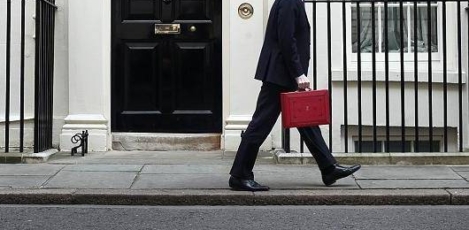July 16, 2015
Forget flexible working, what most workers would prefer is more money
 Flexible working, wellbeing and praise may grab all the headlines when it comes to ways of raising productivity but if you really want to get more out of staff, the number one motivator remains the one that hits them where it really matters – in their pockets. According to a study of the attitudes of 1,000 office workers from office space search engine Office Genie, around half (49 percent) chose pay rises and more than a third (36 percent) chose other financial incentives when asked to select the top three ways their employers could improve their productivity. Nine percent specifically mention company shares. The third most popular measure overall was flexible working, cited by 22 percent of workers in their top three, followed by praising good work (20 percent) and encouraging people to get a good night’s sleep, again listed by a fifth of staff.
Flexible working, wellbeing and praise may grab all the headlines when it comes to ways of raising productivity but if you really want to get more out of staff, the number one motivator remains the one that hits them where it really matters – in their pockets. According to a study of the attitudes of 1,000 office workers from office space search engine Office Genie, around half (49 percent) chose pay rises and more than a third (36 percent) chose other financial incentives when asked to select the top three ways their employers could improve their productivity. Nine percent specifically mention company shares. The third most popular measure overall was flexible working, cited by 22 percent of workers in their top three, followed by praising good work (20 percent) and encouraging people to get a good night’s sleep, again listed by a fifth of staff.






























July 15, 2015
The standard gender pay gap narrative is a myth, but that doesn’t mean there aren’t problems
by Mark Eltringham • Comment, Flexible working, Knowledge, Workplace
(more…)